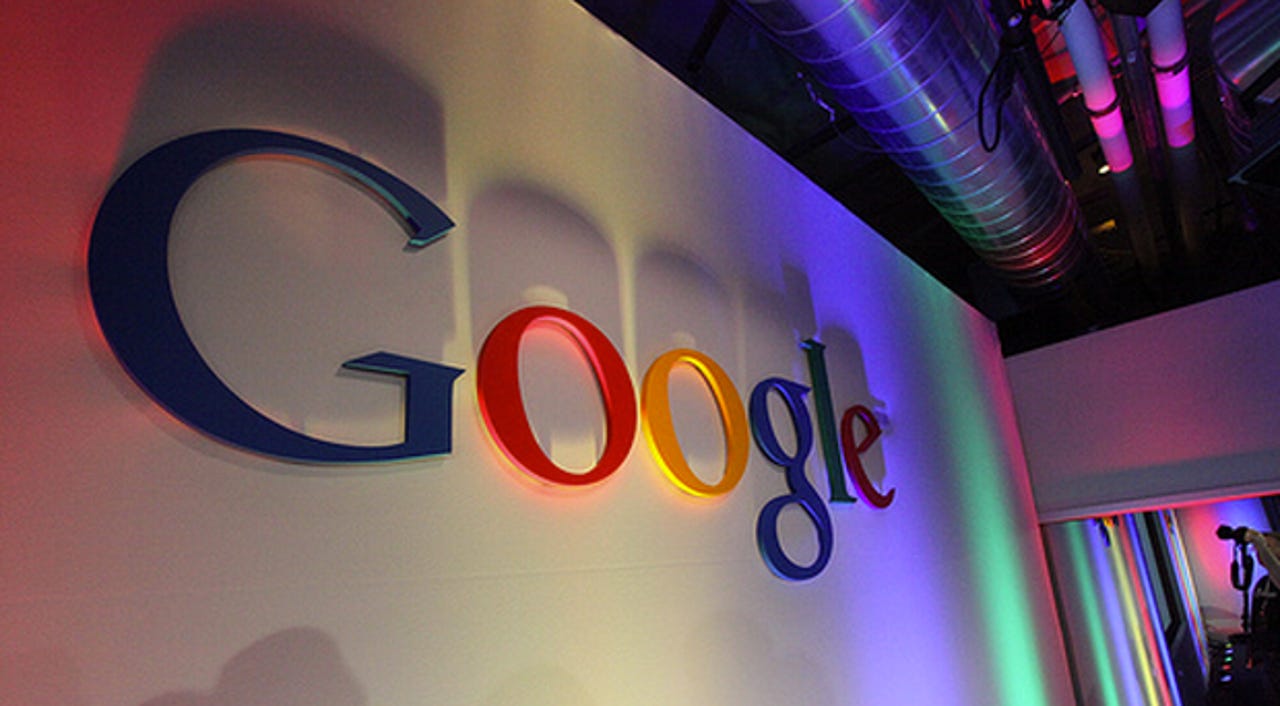Will censorship vanish within a decade? Google chairman Eric Schmidt says so


Google's Eric Schmidt says that it is possible for censorship as we know it to end within a decade.
Speaking at a Johns Hopkins University on Wednesday, the tech giant's executive chairman said that in areas such as China and North Korea -- where the Internet is restricted and free speech can result in severe punishment -- the better use of encryption and technological innovation could keep everyone connected and prevent spying -- whether the ruling powers that be like it or not. Schmidt commented:
"First they try to block you; second, they try to infiltrate you; and third, you win. I really think that's how it works. Because the power is shifted.
I believe there's a real chance that we can eliminate censorship and the possibility of censorship in a decade."
According to Reuters, speaking of a trip to North Korea, Schmidt said that attempts to lessen restrictions on the flow of information into the country failed.
While on the trip in January, his daughter Sophie summed up the country as "like The Truman Show, at country scale." Sophie mentioned that the delegation were advised to leave their gadgets in China to stop them being confiscated and infected with malware -- and while there are three separate versions of the Internet, a supervised one, university network and the country's intranet, the average North Korean cannot access the Web freely.
In addition, despite 3G connectivity, data access is non-existent. The Google chairman pleaded with officials from the so-called "Hermit country" to remove Internet access barriers, warning that economic destruction and isolation will be North Korea's future if they failed to do so soon (if not so already). At a press conference in Beijing, Schmidt said:
Read this
"As the world becomes increasingly connected, their decision to be virtually isolated is very much going to affect their physical world. [Web restrictions will] make it harder for them to catch up economically. We made that alternative very, very clear."
The Google executive has not been invited back to the country. However, as we all know in light of the U.S. National Security Agency document leaks provided by Edward Snowden, censorship and surveillance can be found closer to home.
Documents released by the former NSA contractor suggested that Google is one of several companies that has had its data tapped by the U.S. agency for intelligence gathering. In response, Schmidt said the claims, if true, were "outrageous" and potentially illegal.
Schmidt said that the alleged infiltration of the search engine giant's data centers also showed poor judgement and was "not OK." Later, Google filed official complaints with the NSA, U.S. Congress and President Barack Obama. The NSA, in turn, said the documents contained errors and the agency complies with all laws.
Despite these potential data leaks and Google itself coming under fire for privacy breaches -- including a $17 million settlement over the firm bypassing iPhone web browser settings to track users -- Schmidt says the solution would be simply to encrypt everyone. If technology is used to improve encryption across the web, then eventually, censorship and surveillance will be far more difficult to achieve.
"It's pretty clear to me that government surveillance and the way in which governments are doing this will be here to stay in some form, because it's how the citizens will express themselves, and the governments will want to know what they're doing," the Google executive commented.
"In that race, I think the censors will lose, and I think that people would be empowered."